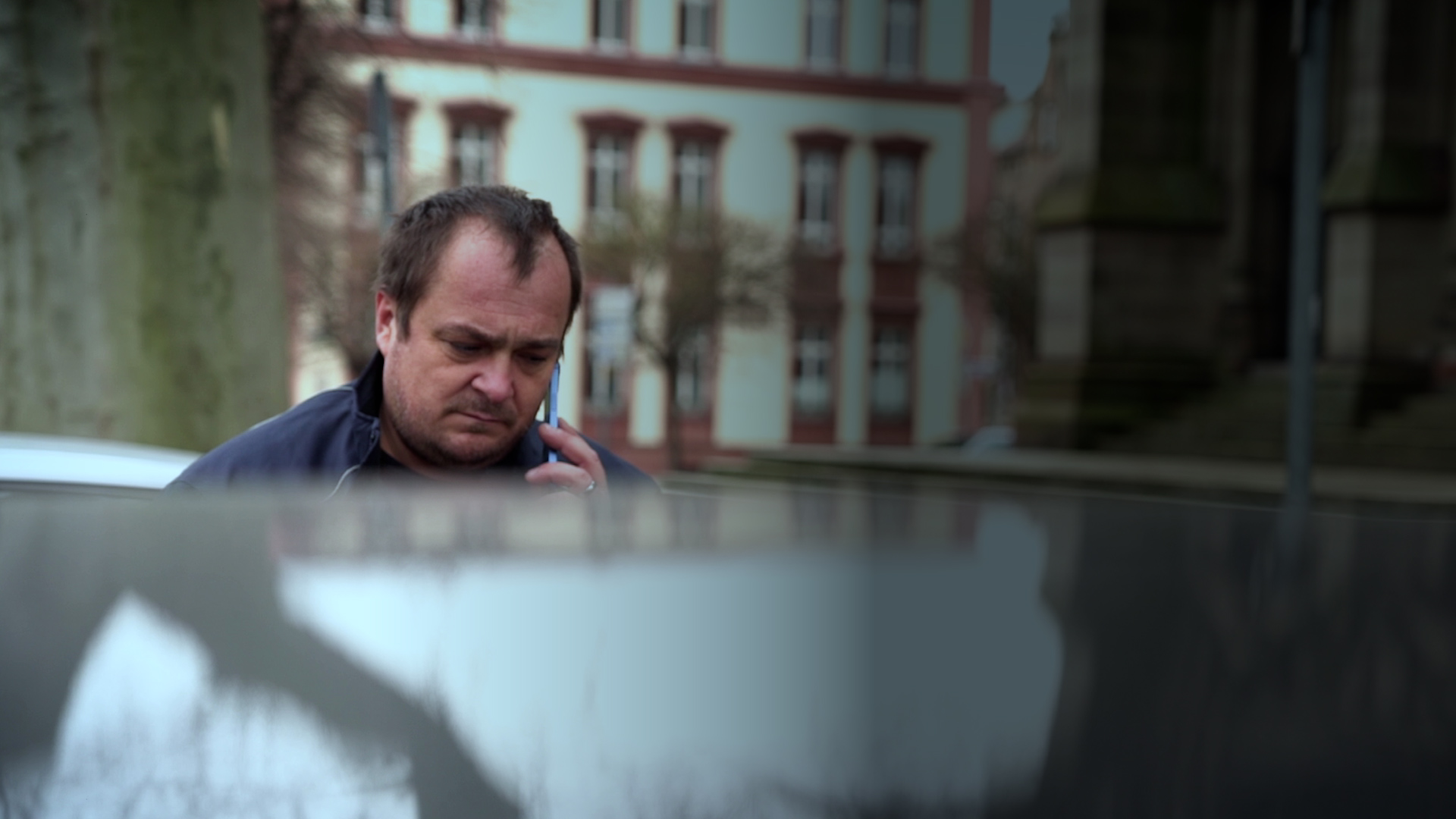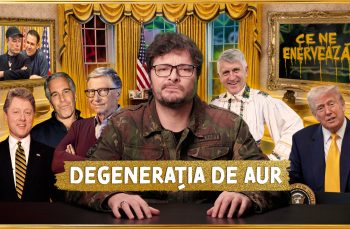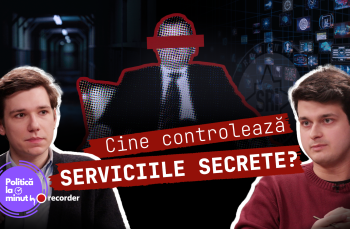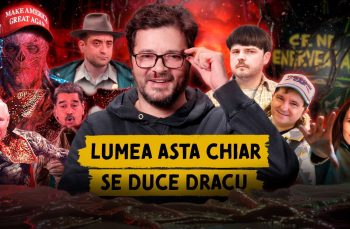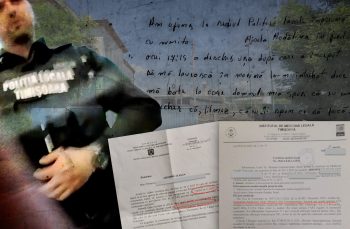Undercover mission for a mafia state
Over the years, we’ve resigned ourselves to associating the Romanian state with incompetence and made jokes about it. All the while, an invisible and all-powerful underworld has been taking shape within it. It’s the part of the state that’s increasingly coming to resemble a mafia, and you’re bound to stumble across it when you investigate the big problems that the authorities seem unable to solve.
One such problem is cigarette smuggling, a trade worth hundreds of millions of euros which the Romanian state pretends it can’t stop. Millions of packs cross the border every year and are sold at markets in plain sight of everyone. The authorities smash smuggling rings and jail fearsome gangsters all the time, yet the phenomenon continues unabated, which suggests it’s being coordinated from places that always remain untouched.
Border Police officers collaborate with smugglers and amass impressive fortunes, yet nothing happens to them. Their bosses are filmed at parties with smugglers and recorded while arranging smuggling runs, yet nothing happens to them. Prosecutors keep case files in their drawers and abandon trails leading to employees of the state, yet nothing happens to them. Smugglers send their children to join the police and guard border areas where their parents smuggle, yet no one sees anything wrong with this.
“It’s hard to tell where the mafia gangs end and where the authorities begin, because they overlap.” That’s the conclusion of Ionel Cruț, a man who had a foot in both camps.
Cruț was employed by the Romanian state to infiltrate gangs of cigarette smugglers as an undercover informant. He did such a good job that he not only gathered information which was used to bust smuggling rings, but also started collecting evidence that people within the authorities were complicit. So the state turned on him and prosecuted him for the very same smuggling runs it had given him permission to take part in. He was unmasked and had to flee abroad for fear of retaliation.
Cruț’s story and the video documentary below aren’t about cigarette smuggling. They’re about the part of the Romanian state that behaves like a mafia clan.
The English version of this article and the English subtitles of the video are available thanks to Peter Shortall.
